- عنوان کتاب: 100 case in Clinical Pharmacology, Therapeutics and Prescribing
- نویسنده: Kerry Layne
- حوزه: فارماکولوژی
- سال انتشار: 2020
- تعداد صفحه: 249
- زبان اصلی: انگلیسی
- نوع فایل: pdf
- حجم فایل: 6.74 مگابایت
فارماکولوژی بالینی مطالعه استفاده از دارو در انسان است. ارتباط نزدیکی با درمان دارد، که مطالعه چگونگی درمان بیماری ها است. درک خوب هر دو موضوع برای تجویز ایمن و مؤثر ضروری است، چه توسط پزشکان و چه توسط نسل جدیدتر (و به سرعت در حال افزایش) تجویز کنندگان غیرپزشکی. داروها از زمان های بسیار قدیم توسط پزشکان استفاده می شده است، اما نه همیشه بر اساس علم صحیح. اولین نوشته های شناخته شده در مورد استفاده از داروها به 4000 سال یا بیشتر مربوط می شود، به مصریان باستان که از مخلوطی از مواد معدنی و معجون های گیاهی و طلسم های جادویی برای درمان بیماری ها استفاده می کردند. به طور مستقل، هندیها و چینیهای باستان روشهای خاص خود را برای استفاده از عصارههای مشتق شده از گیاهان و گیاهان برای درمان بیماریهای انواع مختلف، با نتایج تا حدودی متغیر (و معمولاً به خوبی مستند نشده) توسعه دادند. هیچکدام از این سیستمها برای استفاده از مواد درمانی، که در مجموع اغلب «ماتریا مدیکا» نامیده میشوند، بر اساس شناختی از اساس بیماری (آسیبشناسی) یا شیوههای عمل این مواد (فارماکولوژی) نبودند. در زمانهای اخیر، درک ما از هر دو آسیبشناسی و فارماکولوژی، همراه با استفاده از آزمایشهای بالینی دقیق برای آزمایش داروهای جدید، به این معنی است که ما یک مجموعه وسیع و در حال گسترش از داروهای مؤثر برای درمان بیماریها داریم. و برای بالینی که بیماران را درمان میکند، مهم است که بدانند آنها چگونه کار میکنند و چرا اغلب ممکن است منجر به عوارض جانبی ناخواسته شوند. به همین دلیل این کتاب را گردآوری کرده ایم. هدف ما این است که به خواننده درک خوبی از اصول استفاده موثر و ایمن از داروها در کلینیک بدهیم. ما همچنین می خواهیم نشان دهیم که چگونه استفاده غیر بالینی از مواد فعال دارویی یا “داروهای تفریحی” می تواند به پزشک ارائه شود. مفیدترین راه برای انتقال چنین دانشی استفاده از موارد واقعی است و امیدواریم 100 موردی که در اینجا ارائه می کنیم به این هدف کمک کند. 15 مورد اول برخی از اصول اساسی مهم فارماکولوژی بالینی را پوشش می دهد. 75 مورد بعدی بر اساس انواع سؤالاتی است که در آزمون ارزیابی ایمنی تجویز ظاهر می شود و آمادگی خوبی برای داوطلبانی که در این آزمون شرکت می کنند تشکیل می دهد. 10 مورد نهایی دیگر سناریوهای درمانی مهم بالینی را پوشش می دهند. امیدواریم که خواننده این موارد را هم آموزنده و هم جالب بداند.
Clinical pharmacology is the study of drug use in humans. It is closely linked to therapeutics, which is the study of how diseases are treated. A good understanding of both subjects is essential for safe and effective prescribing, either by doctors or by the more recent (and rapidly increasing) generation of non-medical prescribers. Drugs of one sort or another have been used by physicians since very ancient times, but not always on the basis of sound science. The first known writings of the use of medicines date back 4000 years or so, to the ancient Egyptians, who used a mixture of minerals and plant-derived concoctions and magic spells to treat disease. Independently, the ancient Indians and Chinese developed their own methods of using of plant- and herb-derived extracts for treating ailments of different kinds, with somewhat variable (and usually not well documented) results. None of these systems for the use of therapeutic substances, collectively often termed ‘materia medica’, were based on an understanding of the underlying basis of disease (pathology) or of the modes of action of these substances (pharmacology). In more recent times, our understanding of both pathology and pharmacology, coupled with the use of rigorous clinical trials for the testing of new medicines, has meant that we have a vast and ever-expanding armamentarium of effective medicines available for the treatment of diseases, and for the clinician who is treating patients it is important to understand how they work and why they might often give rise to unwanted side effects. This is why we have put together this book. Our aim is to give the reader a good understanding of the principles of effective and safe use of medicines in the clinic. We also wish to illustrate how the non-clinical use of pharmacologically active substances, or ‘recreational drugs’, can present to the clinician. The most useful way to transmit such knowledge is by the use of real cases, and we hope that the 100 cases we present here will serve this purpose. The first 15 cases cover some important basic principles of clinical pharmacology. The next 75 cases are based on the types of questions that appear in the Prescribing Safety Assessment exam, and will form a good preparation for candidates sitting this exam. The final 10 cases cover other clinically important therapeutic scenarios. We hope that the reader will find these cases both instructive and interesting.
این کتاب را میتوانید از لینک زیر بصورت رایگان دانلود کنید:
Download: 100 case in Clinical Pharmacology, Therapeutics and Prescribing







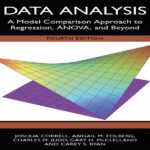





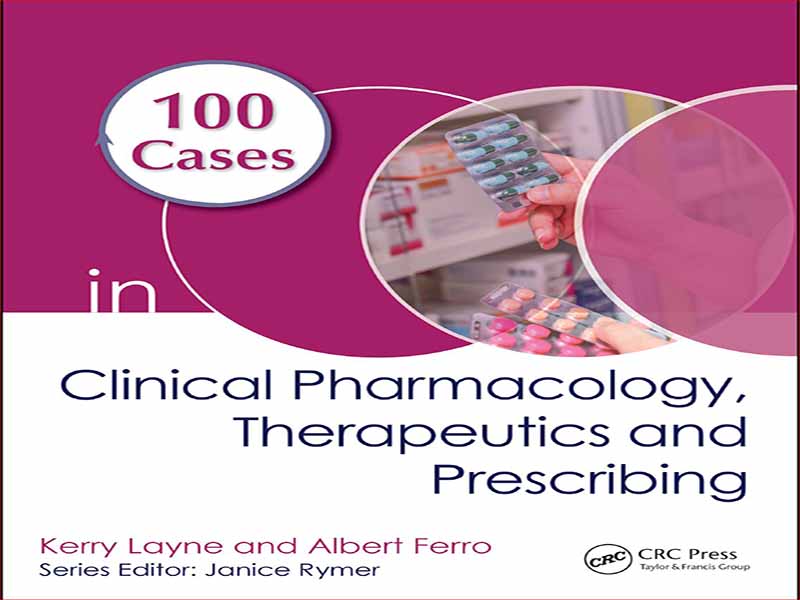

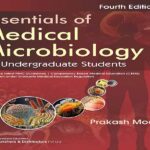

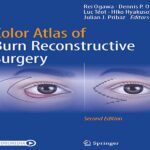
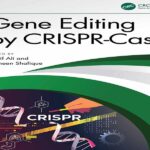



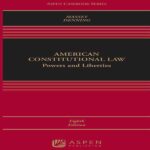













نظرات کاربران